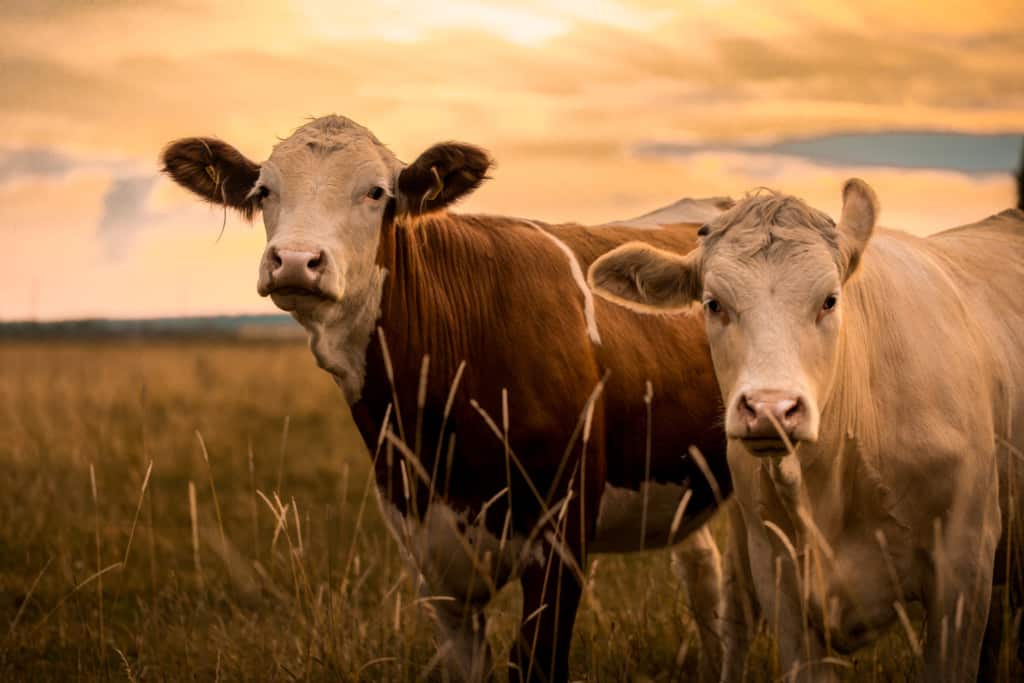A new study published in the journal PNAS has debunked the idea that grass-fed beef is an environmentally friendly option.
The research finds that even under the most optimistic scenarios, grass-fed beef is not less carbon-intensive than industrial beef and is three to 40 times as carbon-intensive as most plant-based and animal-based alternatives. This makes beef the most resource-intensive of common foods.
It is sometimes claimed that cattle grazing enhances soil carbon sequestration. However, the study authors find that the evidence for this is not conclusive, and that even if it were true, the effect would not be impactful enough to reverse beef’s carbon intensity.
Contrary to popular belief, grass-fed beef may even be worse for the environment than industrial beef, since animals are fattened more slowly and do not grow as big. This means that more land is required to produce the same amount of meat, making the process less efficient. Furthermore, land that would otherwise store carbon is often deforested to create pasture for beef production.

“An opportunity we can’t afford to miss”
A study published in 2023 found that deforestation could be almost halted if half of animal products were replaced with plant-based foods. Additionally, around 653 Mha of agricultural land could be spared and restored to forest, and biodiversity loss could be significantly reduced. According to a survey conducted last year, 67% of meat-eaters would be willing to swap an animal-based burger for a plant-based equivalent when made aware that beef burgers cause 85% more emissions.
A report published by Boston Consulting Group (BCG) in 2024 concluded that if alternative proteins reached half the market share of the global protein market, agriculture and land use greenhouse gas emissions would be reduced by almost a third by 2050. This would mitigate five gigatons of CO2 equivalents annually, the equivalent of removing 50% of gas-fueled cars from the road.
“Achieving mass adoption of alternative protein is an opportunity we can’t afford to miss in the drive to cut emissions and combat climate change,” said BCG partner and managing director Elfrun von Koeller. “If private companies, governments, and investors come together, they can lay the foundation for a food system that is more sustainable, as well as more secure.”





